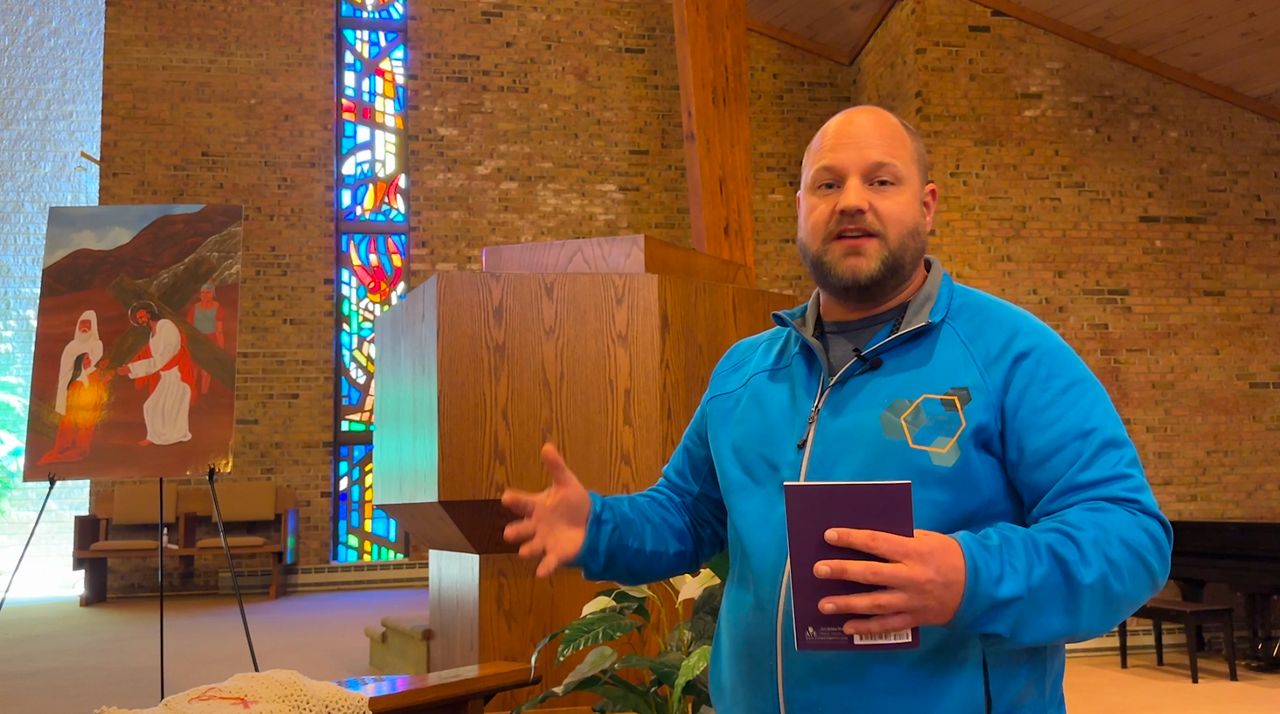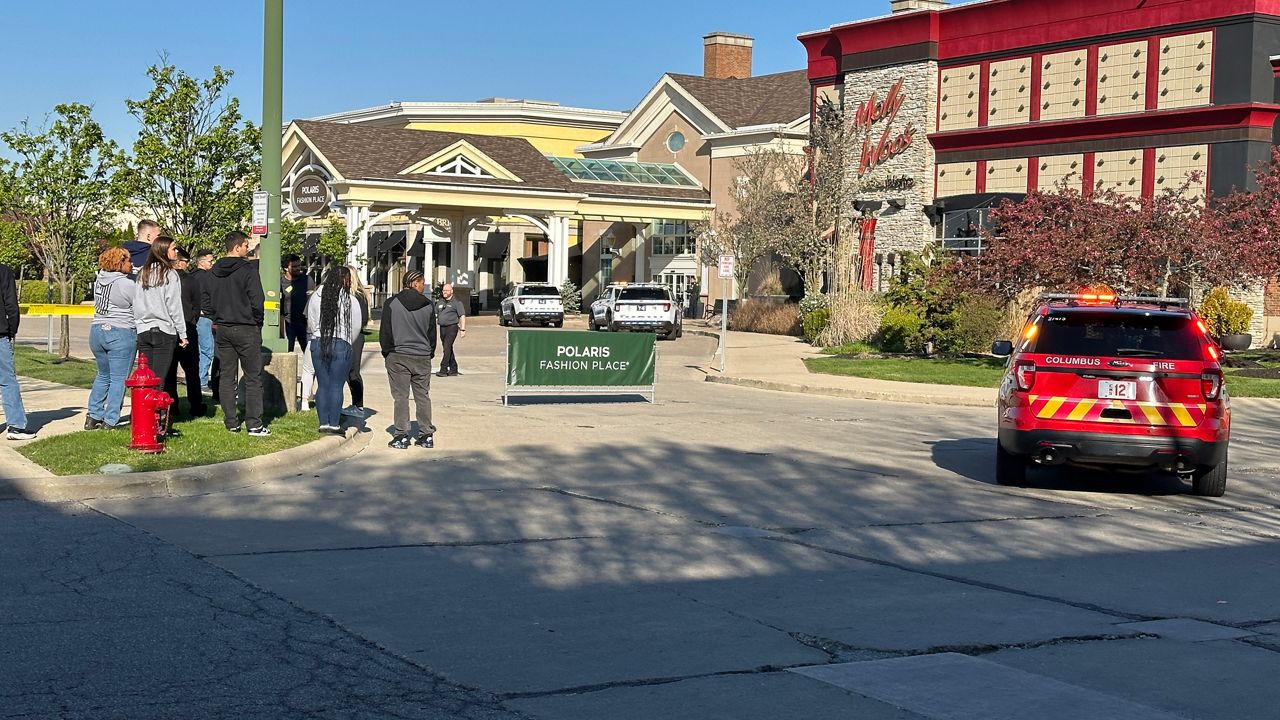CLEVELAND — Zsuzsa Gyenes has called a hotel home for the last year. Sometimes she sleeps on a pullout couch in her room that only has one bed.
“Most nights, we just try to find sleeping arrangements that work and pretend like it’s home,” Gyenes said. “Pretend like it’s not just another hotel. My goal is to make it as un-hotel-like as possible.
She left her apartment in East Palestine the night of the train derailment and fire. She didn’t take much with her and couldn’t go back for most of her belongings.
“99% of it was thrown away,” Gyenes said. “I had to throw away some baby pictures that were in frames of my son.”
Days in a hotel turned into weeks, and now it’s been a year. She said Norfolk Southern has paid for her lodging. But Norfolk Southern said assistance will end on Feb. 9 for anyone who chose to evacuate due to the derailment.
“We weren’t forcefully evacuated, but we got sick so our health forced us essentially to leave,” Gyenes said.
Gyenes said she has switched hotels in the last year. Her first hotel didn’t have any appliances. Even after customizing this room, she said she doesn’t feel settled in.
“I can’t feel comfortable,” Gyenes said. “And then not knowing where we’re going to go next. Or if there will be a solution. Are we going to be in our car after Feb. 9? Like what’s gonna happen?”
Spectrum News reached out to Norfolk Southern about what options are available once the assistance ends. They responded with a statement.
“Norfolk Southern encourages anyone who is concerned about returning to East Palestine to visit or contact the Family Assistance Center, which remains open to continue serving the community,”
The railroad added that the Family Assistance Center handles concerns on a case-by-case basis and that fewer than 40 people are still getting temporary housing assistance.
Gyenes said her life remains on hold. She said she isn’t able to work since she has to watch over her special needs son as he learns remotely during the day.
“I’m trying to make phone calls to the EPA, I’m trying to set up county help,” Gyenes said. “I can’t even make a phone call while my son’s doing schoolwork.”
And once her assistance ends, she will have to move once again.
“So what’s probably going to happen is I will probably have to agree to a lease that I can’t afford,” Gyenes said. “Or hopefully maybe find a roommate that’s gonna be able to work with my son and I. I wish I didn’t have to do that. I just want what we had before.”
Gyenes said when she does move, she won’t go back to East Palestine.










